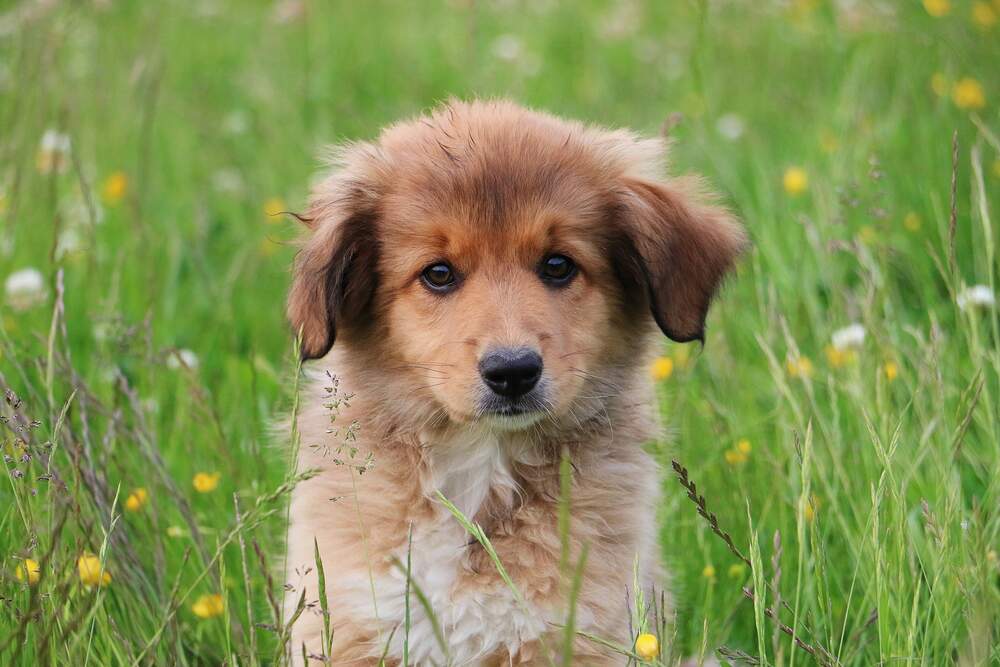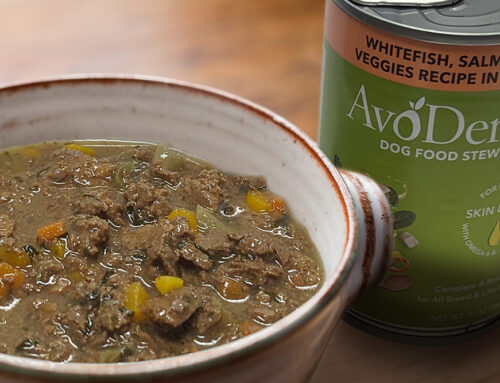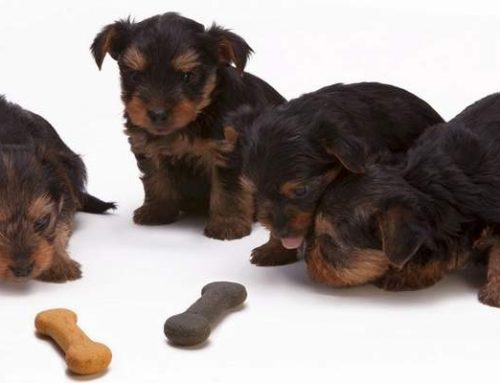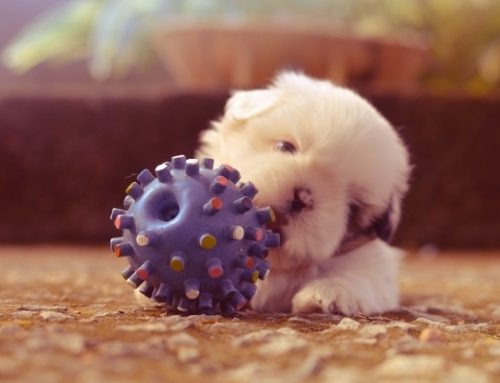Adopting a puppy is a wonderful life decision. The warm little bundle of furry joy is sure to bring happiness and adventure to your life. Knowing all about puppy growth stages and what to expect can help you prepare to be the best puppy parent possible. When do puppies grow the most? The answer varies depending on their breed and size.
Puppies Grow Quickly from Three to Five Months
All puppies grow quickly between the ages of three and five months. Small breeds grow the most during this time. By the time they reach six to eight months of age, they’ve either finished growing or their growth has started to slow down.1
During this period, puppies start teething and chewing everything. Not only are their bodies growing, but their permanent teeth are starting to show up. The teething stage is usually finished by the time he’s four to eight months of age. This can be painful, so get your puppy some safe things to chew on like teething toys.
Larger Breeds Still Grow A Lot from Eight to 10 Months
Larger puppy breeds keep that growth spurt going a little longer. They may do most of their growing between eight and 10 months of age. By nine to 11 months, most puppies have stopped growing.2 The largest breeds, however, may still grow a little longer. Some dogs can take up to 24 months before they’ve stopped growing completely.3
If your puppy is still growing, the size of his ears and paws may not indicate how big he’ll get. These are not a super reliable indicator. Instead, look at the size of his parents or the size of siblings from an earlier litter.4 If you don’t have access to the parents or siblings, check with your vet.
It’s important to remember that as long as your puppy is growing, he should continue to eat puppy food designed specifically for that phase of his life. Puppy food has fatty acids, calories, and protein to help a growing dog build muscle and bone.5
Consider AvoDerm Natural canned Puppy Chicken & Rice Formula. If you prefer dry food, consider AvoDerm Natural Puppy Chicken Meal & Brown Rice Formula. It’s corn- and wheat-free, which is also great for puppies with delicate tummies.
Puppies grow fast. One day they’re really tiny, and the next day they look like young adult dogs ready to take on the world. Be sure to give your puppy lots of playtime, and never forget to cherish every moment with your furry best friend. (And be sure to take lots of pictures!)
1. Remitz, Jessica. “Growth in Dogs: What to Expect.” PetMD, 10 November 2016, https://www.petmd.com/dog/general-health/growth-dogs-what-expect.
2. Ibid.
3. Mansourian, Erika. “Puppy Feeding Fundamentals.” AKC, 15 July 2019, https://www.akc.org/expert-advice/health/puppy-feeding-fundamentals/.
4. Remitz, Jessica, https://www.petmd.com/dog/general-health/growth-dogs-what-expect.
5. Gallagher, Ashley. “When Should You Switch from Puppy to Adult Dog Food.” PetMD, 11 March 2015, https://www.petmd.com/dog/centers/nutrition/when-should-you-switch-from-puppy-to-adult-dog-food.





